To be, or not to be, that is the question

0
0
0
0
- Meaning
- The phrase "To be, or not to be, that is the question" explores the existential dilemma of existence versus non-existence. Hamlet ponders the merits of living through suffering and the uncertainties of life against the unknown of death, which effectively could either be a release from the hardships of life or usher in unknown fears. This reflects a profound exploration of human vulnerability and the philosophical questioning of life's intrinsic value versus the mystery and permanence of death.
- Allegory
- The solitary figure represents Hamlet and every human being faced with profound decisions. The forked road symbolizes the existential choice between existence (life) and non-existence (death). The contrasting landscapes illustrate the stark differences between these choices — the vibrancy of life with its beauty and challenges against the ominous, quiet allure of the unknown paths that death might lead. This image encapsulates the essence of the phrase, reflecting on the profound and universal contemplation of our existence.
- Applicability
- This phrase can be applied in personal life as a metaphor for making difficult decisions, especially when facing crossroads where the consequences are significant and potentially life-altering. It encourages introspection, urging individuals to contemplate the broader implications of their choices, and the existential impacts those choices may have on their personal journey.
- Impact
- "To be, or not to be" has profoundly impacted culture and society, becoming synonymous with philosophical dilemmas regarding existence itself. The phrase has permeated various facets of culture such as literature, cinema, and popular media, often being adapted and parodied. It encapsulates the essence of dramatic monologue and self-reflection that is central to much of humanistic literature and thought.
- Historical Context
- The phrase was written in the early 17th century, specifically around 1600 when "Hamlet" was believed to have been written. The Elizabethan period, during which Shakespeare wrote, was characterized by a rich flourishing of literature and a deep interest in humanism, which is reflected in the introspective and existential themes of Shakespeare’s works.
- Criticisms
- Although not controversial, the phrase has been open to numerous interpretations about life, death, and human purpose, which sometimes leads to varying, even conflicting, perspectives in literary analysis. Some critics argue that it reflects existential pessimism, while others see it as a call to conscience and action despite life's unbearable contradictions.
- Variations
- Though primarily rooted in Western philosophy, the themes of existence versus non-existence are universal and have been interpreted differently across cultures. In Eastern philosophies, for instance, the focus might be more on transcendence and the cyclical nature of life and death rather than a binary opposition between to be or not to be.
-
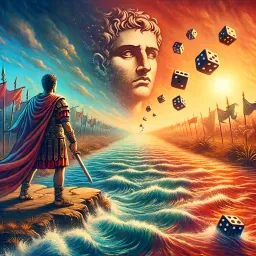
Alea iacta est
-

We know what we are, but not what we may be.
-

Vivere est militare.
-
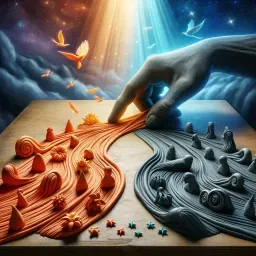
There is nothing either good or bad, but thinking makes it so.
-
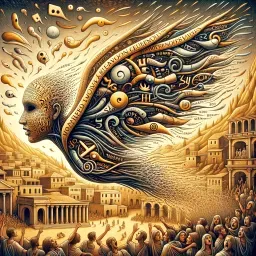
Fama volat.
-

This above all: to thine own self be true, and it must follow, as the night the day, thou canst not then be false to any man.
-

Vita est militia.
-
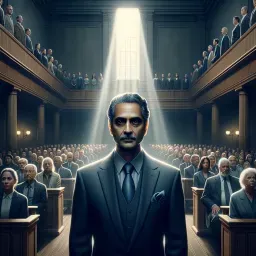
I am not bound to please thee with my answers.
-

It is not in the stars to hold our destiny but in ourselves
-
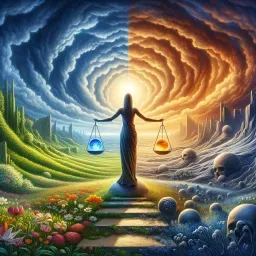
There is nothing either good or bad but thinking makes it so.
-

Hell is empty and all the devils are here.
No Comments